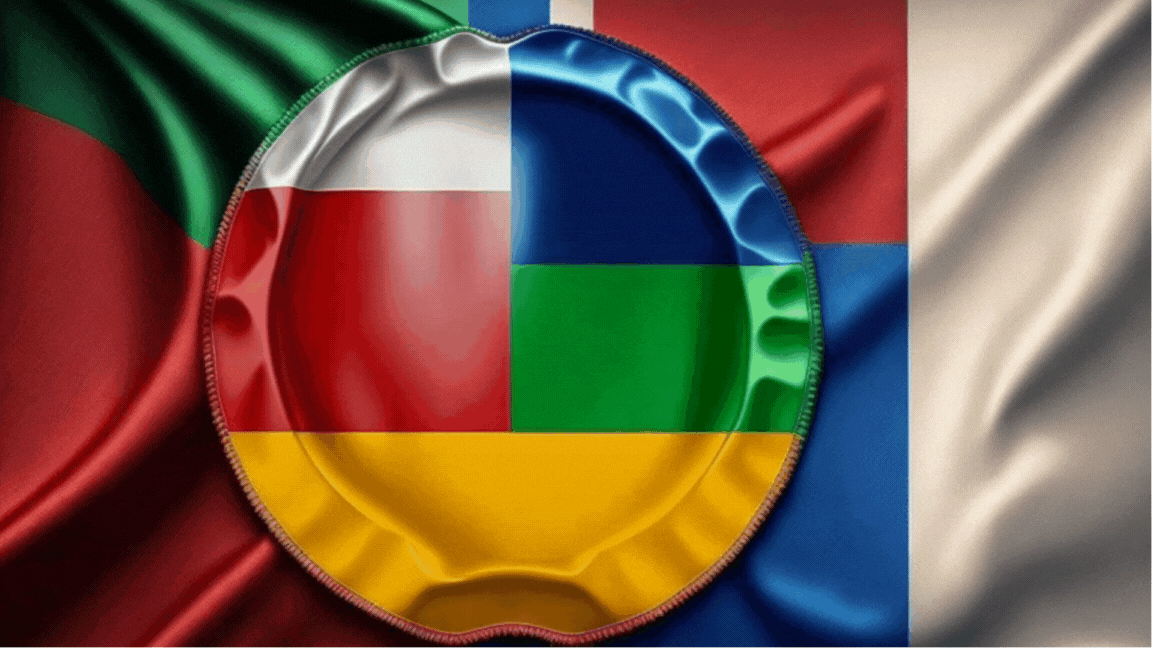The Latin American Report # 503

The Foreign Relations of the United States (FRUS) series, despite its many redactions and the pace of its production, is an extremely revealing source to understand the extremely aggressive U.S. policy towards the Cuban political regime that emerged in 1959. As historian Louis A. Pérez Jr. states in his excellent text Cuba in the American Imagination: Metaphor and the Imperial Ethos, “[all] that is American imperialism has been practiced in Cuba”, though he was talking there of the whole history. For example, by 1963, according to Lars Schoultz in his also unmissable book That infernal little Cuban republic: the United States and the Cuban Revolution, at staff meetings in the CIA its then director John McCone would say, "Have you reminded the station chiefs everywhere in the world that if they know that some transaction involving trade to Cuba is taking place, try to do something about it. Try to make it unsuccessful." Here I want to comment on the most revealing entries on this sustained U.S. regime change policy against Cuba that I found in volume XXXVIII of the FRUS series, corresponding to the period 1981-1988, focused on topics such as international economic development and the international debt.
Yes, if Cuba...
In a memorandum of a conversation held in March 1981 between President Ronald Reagan, senior officials of his administration, and the then Canadian Prime Minister, Pierre Trudeau, also accompanied by top officials of his government, the presence of Cuba at an upcoming summit to be held in Mexico during the summer was discussed. Reagan gave an account of a conversation he had had with then Mexican president José Guillermo Abel López Portillo y Pacheco, in which he had explained that “he would be prepared to attend [the Summit] if the timing could be changed to the fall and if no Cubans were present”, conditions that Trudeau found “reasonable”. The Canadian Secretary of State for External Affairs, Mark MacGuigan, intervened to say that “there were mixed feelings in the Mexican delegation concerning a Cuban presence” at the summit, but that ultimately, he believed, “the situation can be sorted out”. Reagan encouraged him, laughing, “We're with you!”
In a memo days later, the then U.S. Secretary of State Alexander Haig, a very tough man on Cuba by the way, reported to Reagan that all U.S. conditions for the North/South Summit to be held in Cancun, Mexico, had been met: 1) the event would take place in October; and 2) Cuba had not been invited. “There was reportedly no serious attempt, even by the Mexicans, to push for Cuban participation; apparently the Cubans themselves decided that they stood no chance and their foreign minister did not show up in Vienna as originally planned,” Haig reported, although they had not had the same luck in the case of blocking the Soviet presence through Canada.
No sugar
Another important reference to Cuba is in a memorandum, dated December 14, 1987, which summarized a discussion of the U.S. sugar program by the Economic Policy Council, and which contained considerations and proposals for Reagan's approval. Regarding Cuba, it reads that some members of the body “expressed a desire to explore the possibility of encouraging Canada to import sugar from the CBI countries and the Philippines rather than Cuba.” CBI refers to the Caribbean Basin Initiative that had been launched four years earlier, “intended to facilitate the development of stable Caribbean Basin economies by providing beneficiary countries with duty-free access to the U.S. market for most goods.”
Despite strong differences, it was agreed to “[re-examine] the possibility of placing restrictions on sugar-containing products after consultations with Canada regarding Cuban sugar imports and the signing of the [Free Trade Agreement],” a measure that Reagan approved. In April 1988, at a follow-up meeting held in the White House Situation Room, a senior Foggy Bottom official discussed the history of U.S. attempts to torpedo Cuba's access to the sugar market. In particular, he discussed how effective they had been in dissuading Japan, Canada, and Egypt from buying the Cuban critical commodity. In the case of Japan and Egypt, alternative suppliers had not been found. The Philippines, for example, had not been able to supply Cuba, while Egypt was obtaining Cuban refined sugar through Bulgaria. The official Al Larson claimed that every effort was being made “to deny sugar markets to Cuba”. John Negroponte, a man with a dark history for the region, then suggested studying the market for Cuban sugar, a task that was given to the CIA.
Some good footage here 👇 about Cuban history with sugar.
In a second post, I will comment on the most important references on Cuba that appear in Volume IV (National Security Policy) of the FRUS series for the period 1977-1980, which contains key documentation to understand foreign policy during the Jimmy Carter administration. In particular, I found it revealing to understand how far Zbigniew Brzezinski went in his aggressive approach towards the island. See you there.

